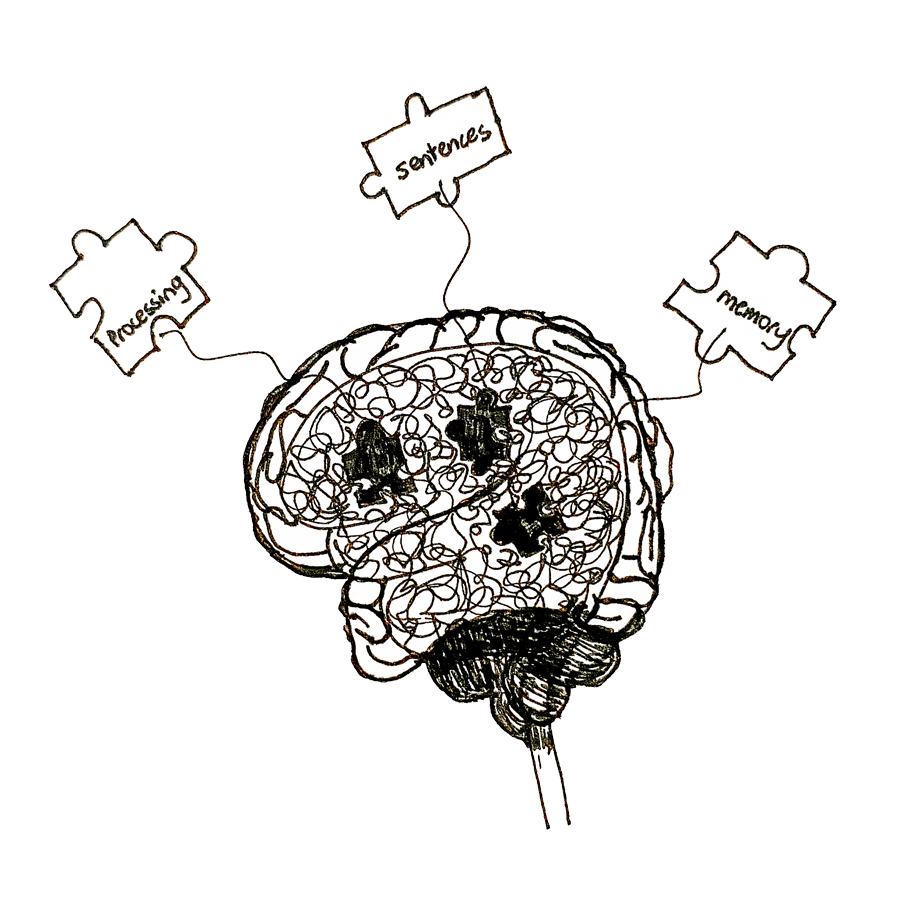Brain fog

For the last three years, Covid long haulers have had to become their own advocates and researchers as they lobby for recognition, funding and proper healthcare. Their knowledge has been hard-won against a backdrop of sickness. They’ve pushed through symptoms that ravaged their previously able-bodies and become the experts of their own disease.
That is why we decided that all the symptoms on this website should be written by patients, for patients. As our co-founder Jenene Crossan says “They poured their hearts, their souls and their deep determination to find just enough energy to put their experiences down for others to benefit from”.
Although we do not intend to give medical advice, the articles have been fact-checked by a wonderful doctor who is suffering from Long Covid too.
About the author
After testing positive for Covid in April 2022, aged in my late 20s, my only symptom of note was crushing and overwhelming fatigue. I slept for more than a week, and found getting out of bed a significant struggle.
As time went on, my fatigue never lifted and cognitive difficulties came along. I struggled to think and focus. I’d slur my speech and lose my train of thought mid-sentence. I found ordinary tasks, such as walking down the stairs, took several minutes. It became apparent I was suffering from what many patients, and medical professionals around the globe, call ‘brain fog’.
– Takatāpui, Māori, Ōtepoti/Dunedin

